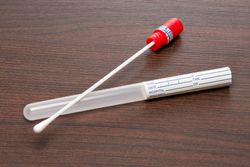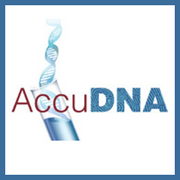
While many of us are familiar with paternal DNA testing, there can be some confusion surrounding maternal analysis. The goal of all forms of DNA testing is to prove a parent’s relation to a child – but the processes and reasoning behind the assessment can differ regarding maternal and paternal. If you’re trying to determine whether this type of testing is right for your situation, consider the following four frequently asked questions.
The Top Questions About Maternity DNA Testing
What is maternal testing?
A maternal DNA test is performed by taking genetic material from the potential mother and the child and analyzing it in the laboratory. Humans receive half of their genetic makeup from their mothers and the other half from their fathers. The lab will compare the mother’s sample to the child to determine the likelihood that they’re related.
When is this testing performed?
Many different circumstances can warrant a maternity DNA test, such as surrogacies and adoptive unification. Surrogacy situations can benefit from testing to help establish if the donor egg or biological egg was fertilized. And when adoptive children want to reunite with their mothers, this assessment will provide proof of relation.
How is this assessment conducted?
 The most common form of testing is an oral swab, which is quick and non-invasive. To conduct this assessment, a swab will be taken of the inside cheek of both the mother and child in question and will then be analyzed by the laboratory to compare genetic markers.
The most common form of testing is an oral swab, which is quick and non-invasive. To conduct this assessment, a swab will be taken of the inside cheek of both the mother and child in question and will then be analyzed by the laboratory to compare genetic markers.
How long do the results take?
Because of the ease and accuracy of testing, results can be produced in two to three business days. This time allows for the collection of samples and the analysis of the material in the lab. Results of 99.9% or higher are used to indicate the maternity of a child.
If you think you could benefit from DNA testing and you’re looking for accurate and comprehensive results, consult the team at AccuDNA in Saint Louis, MO. For the last 15 years, these professionals have provided clients with the expedited and confidential paternity results they rely on. To learn more about their services, visit their website or call (314) 845-9997.
About the Business
Have a question? Ask the experts!
Send your question

